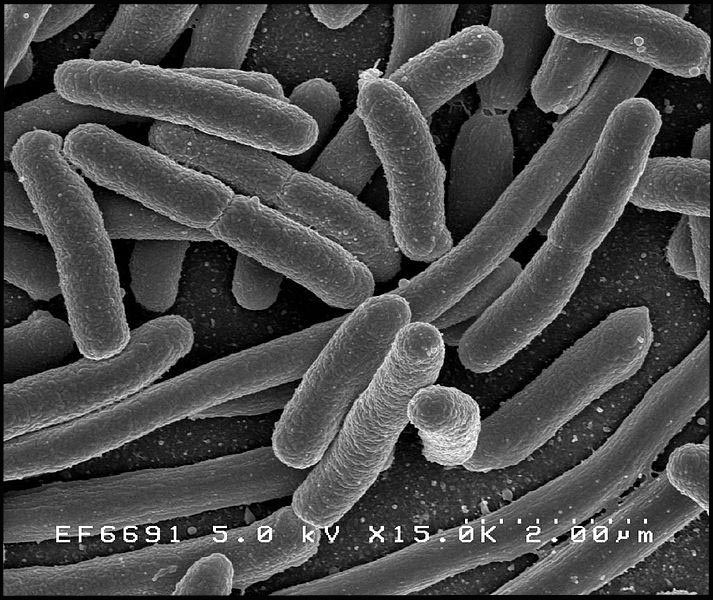Engineering e.coli to produce gasoline
October 10, 2013
In the era of finding new sources and technologies for sustainable and renewable energies, the question of “why don’t we produce standard gasoline via a sustainable method?” was largely unexplored. Most research and funding focused on creating energy sources from complex starting materials like switch grass or feed stock. In reality, generating gasoline may be a much simpler task then previously conceived, as Choi and Lee describe in their recent Nature article. They engineered the bacterium, escherichia coli, to produce short chain alkanes. E.coli is the workhorse organism in molecular biology, and engineering new pathways into e.coli is not novel, but engineering bacteria to produce gasoline (petrols) efficiently, is a like a dream come true for many researchers in the field.
Special strains of e.coli were engineered to prevent the degradation of fatty acyl-CoAs and to enhance the initiation of fatty acid biosynthesis. To efficiently increase conversion of intermediate products, proteins from Clostridium and Arabidopsis thaliana were also engineered into the strain. The final engineered strain produced up to 580.8mg/L of short chain alkanes in the form of: nonane, dodecane, tridecane, 2-methyl-dodecane and tetradecane.





Pingback: social signals service